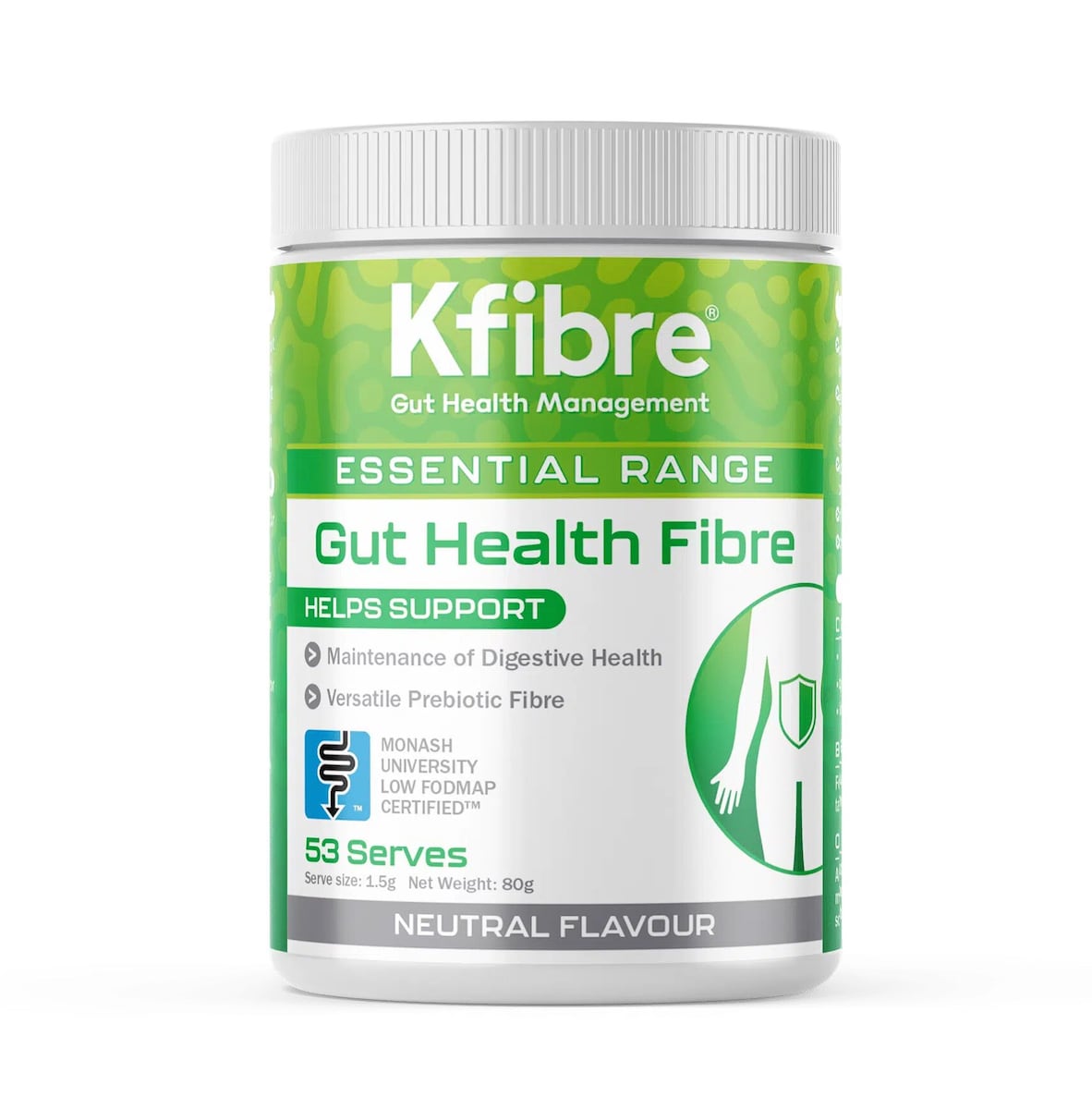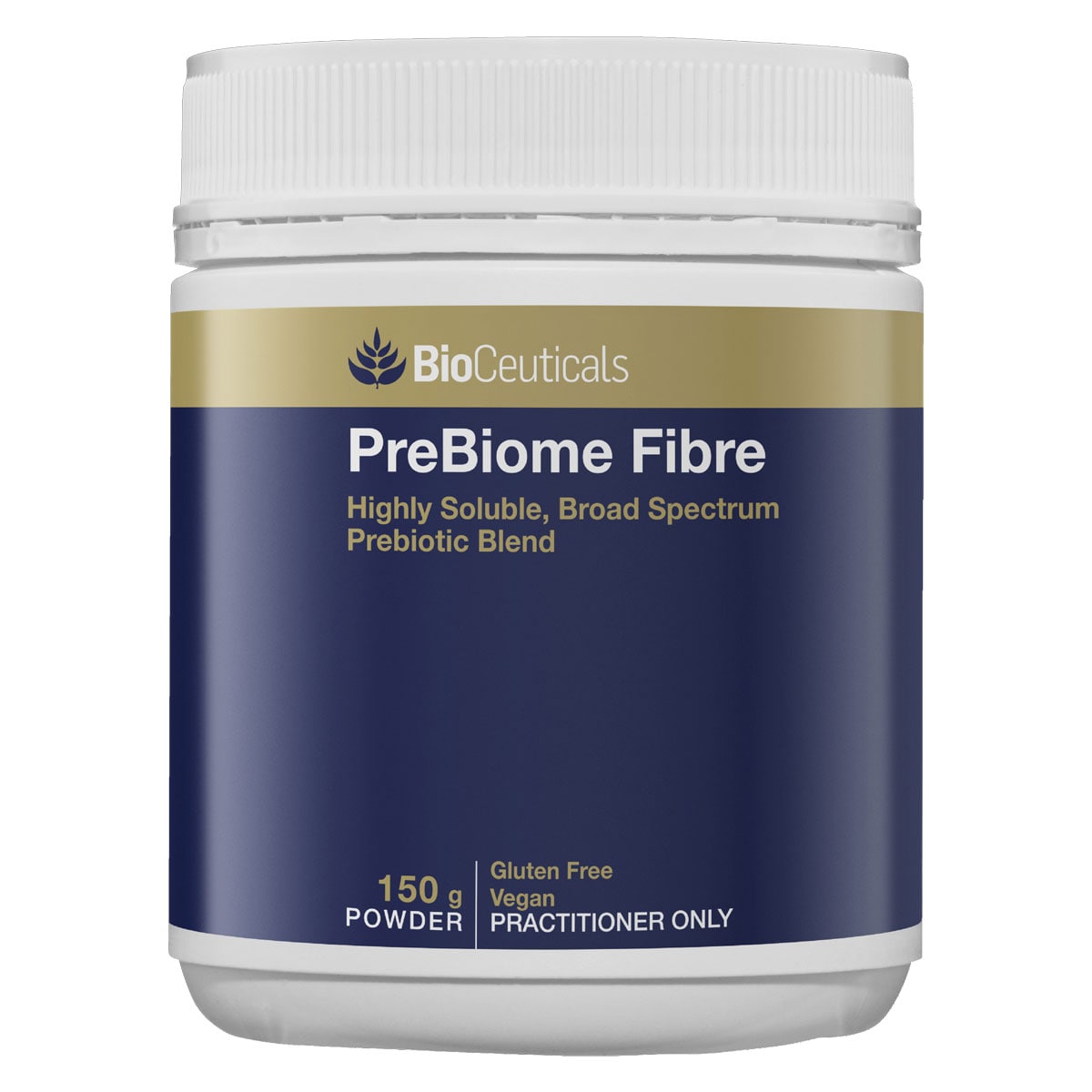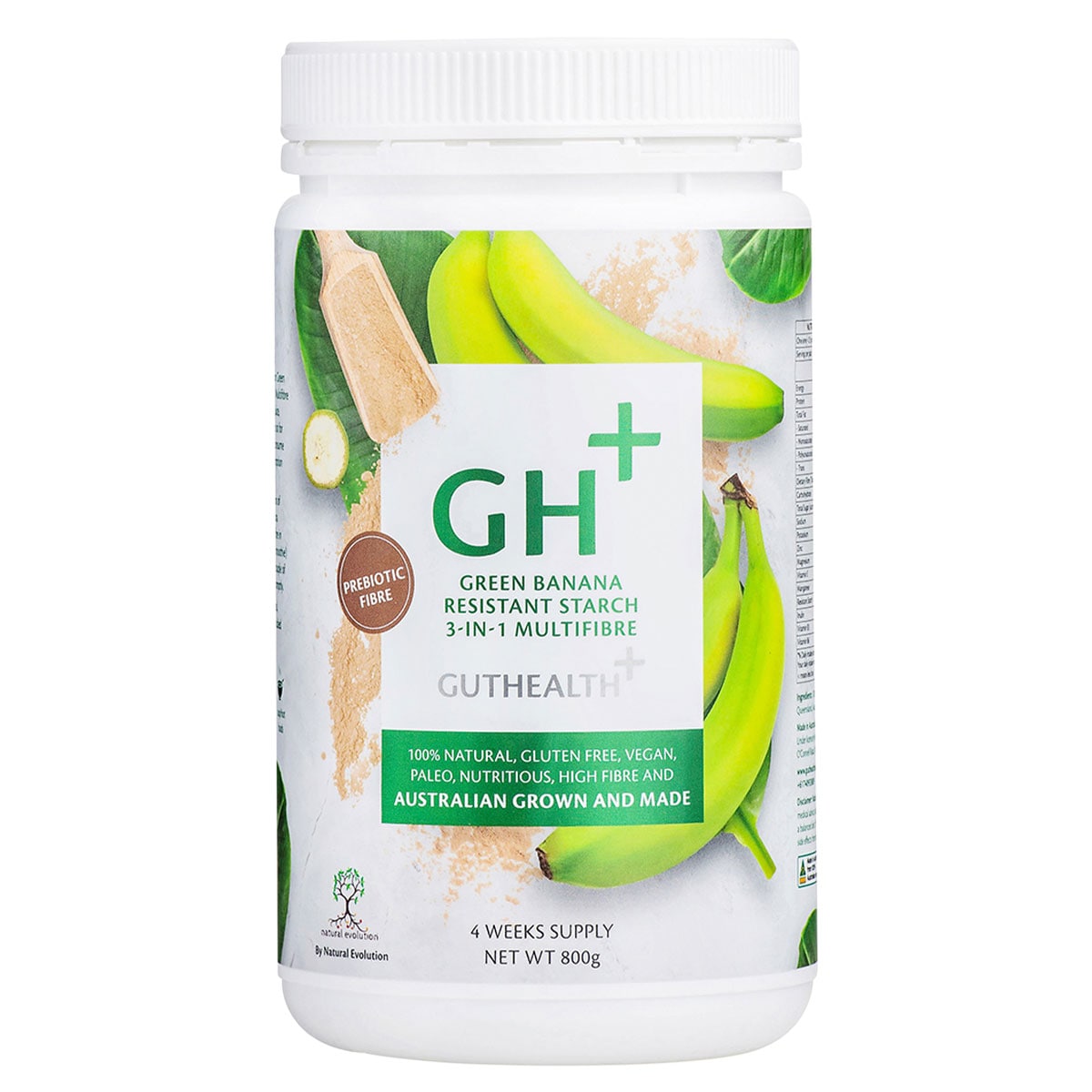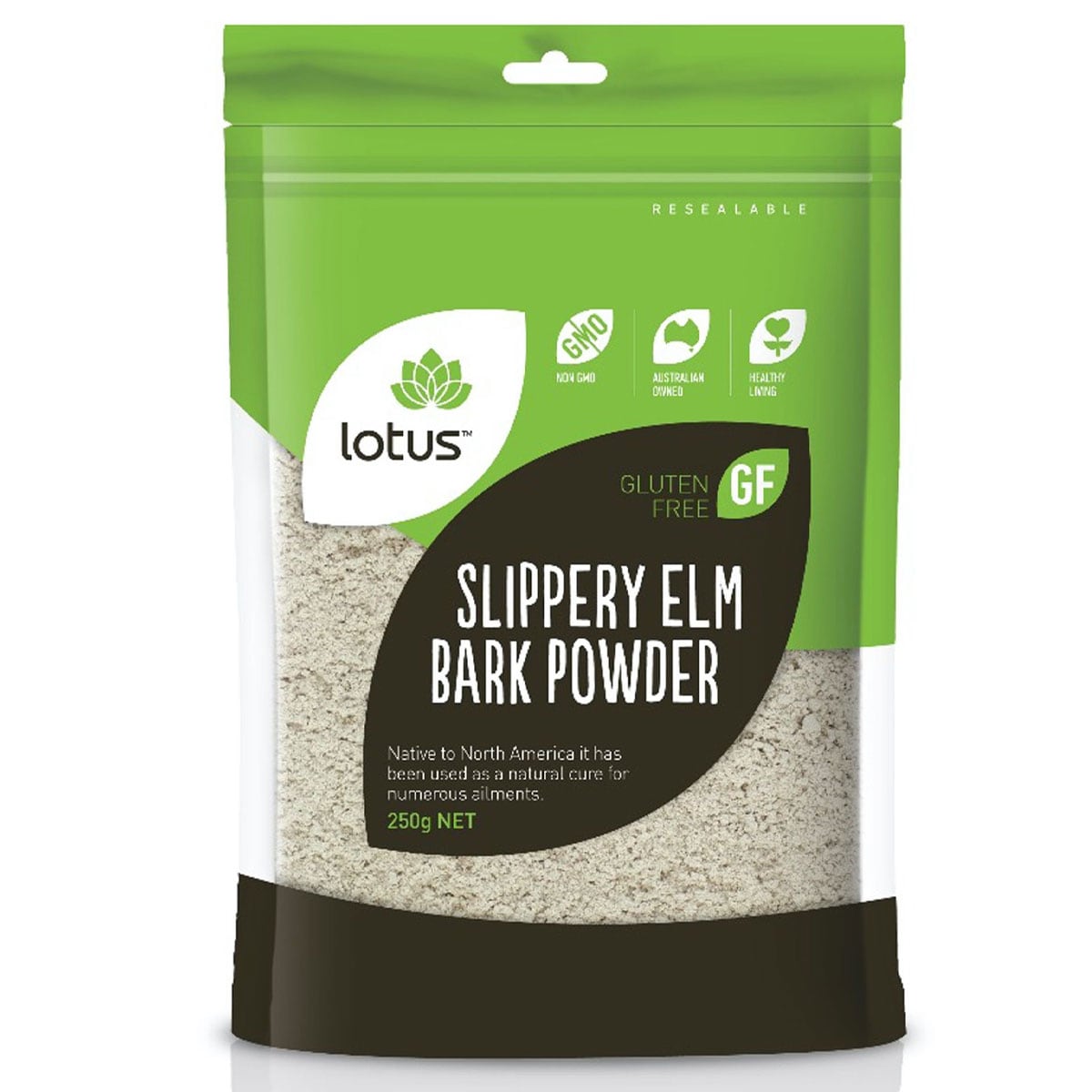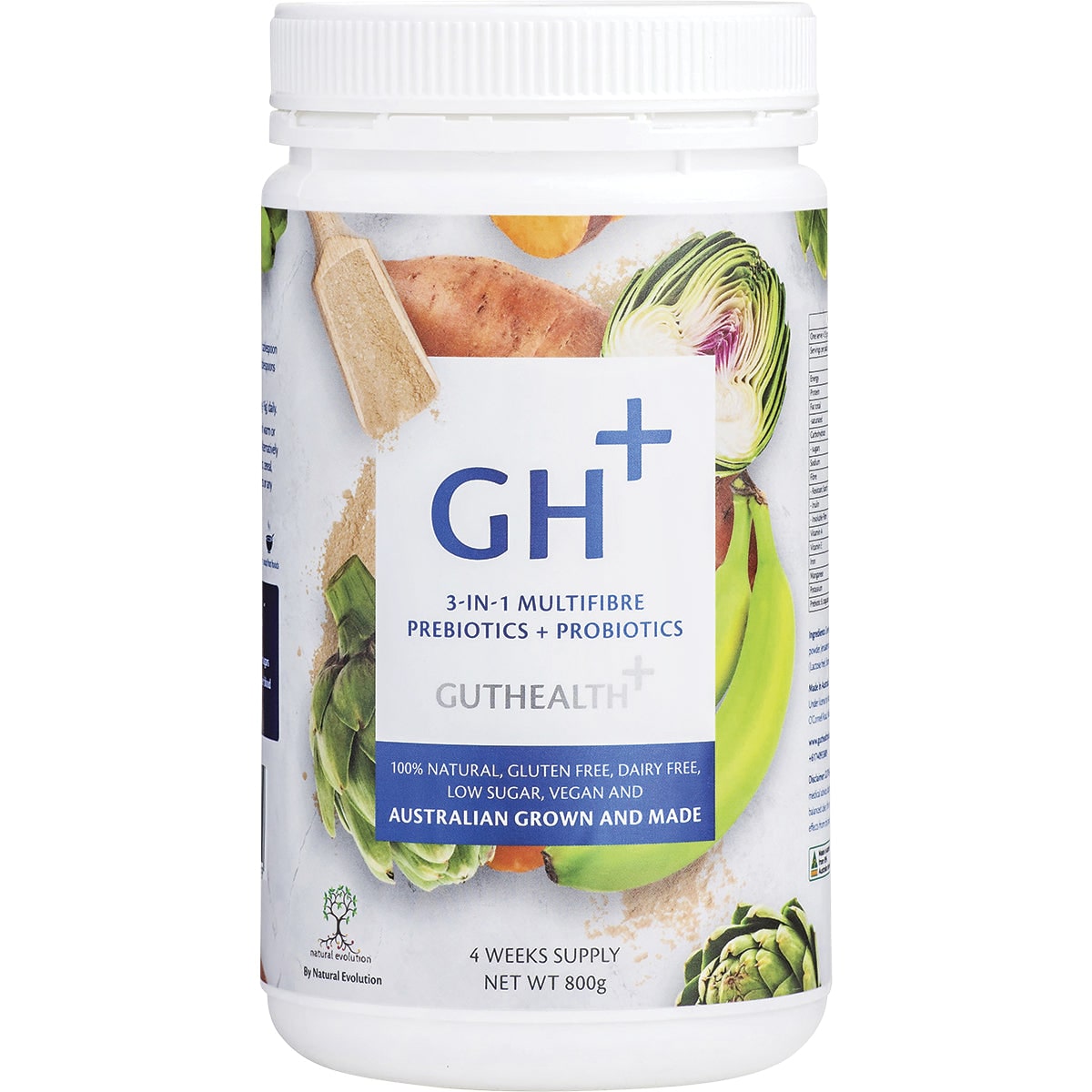
For care down there
Support urinary tract health and function.
Always read the label and follow the directions for use.

Fibre Supplements
Support your digestive health with these fibre supplements
Fibre, derived from the non-digestible parts of fruits, vegetables and grains, has been shown to support digestive function and prevent disease. But did you know that only five per cent of adults consume the recommended level of dietary fibre each day?
The good news is that taking a fibre supplement may help you reach your daily intake goals, support your digestive and metabolic health and play a role in preventing disease.
What are the benefits of taking a fibre supplement?
Studies show that the health benefits associated with a high dietary fibre intake are wide-ranging and vary depending on the supplement you choose.
Supplements typically contain two types of dietary fibre – soluble and insoluble – or a mix of both. Soluble fibre can absorb water, helping to bulk up stools and aid passage through the gut. This type of fibre slows digestion, which can be beneficial for lowering LDL cholesterol levels and managing constipation. Psyllium husk is a soluble fibre commonly found in supplements.
Insoluble fibre doesn’t dissolve in water and helps to move material through your digestive system, increasing stool bulk. This type of fibre may help to prevent constipation and haemorrhoids. Brans (like wheat and corn) and other wholegrain foods contain insoluble fibre.
Research indicates that certain soluble, non-fermenting, gel-forming fibres, like psyllium husk, may offer health benefits such as supporting healthy blood sugar and cholesterol levels, as well as stool consistency. For these reasons, psyllium husk is commonly included in many fibre supplements.
Sufficient dietary fibre intake is associated with other potential health benefits, including heart health and supporting weight goals. Studies also show that increasing fibre intake may help to ease the symptoms of digestive issues like medically diagnosed irritable bowel syndrome (IBS) for some individuals.
How often should you take fibre supplements?
The amount and frequency of fibre supplement intake can vary based on your dietary needs and the specific supplement you use. It’s usually recommended to begin with a small dose and slowly increase it to let your digestive system adapt. Ensure you also eat a diet high in fibre and follow the dosage instructions provided with your supplement.
Side effects from taking fibre supplements may include bloating, increased flatulence, cramping, and a feeling of fullness. To avoid these, take only the recommended dose and ensure you increase water intake.
Find the right supplement for you
While it’s best to obtain your daily fibre requirements through a balanced diet, for some people, a daily fibre supplement is a simple way to support digestive health and wellbeing. Whether you choose a soluble or insoluble fibre supplement or a combination of both, it’s important to follow the recommended guidelines and increase your intake gradually to minimise any adverse effects.
Need help navigating what to choose? Talk to a naturopath to learn more about our range.

For care down there
Support urinary tract health and function.
Always read the label and follow the directions for use.

